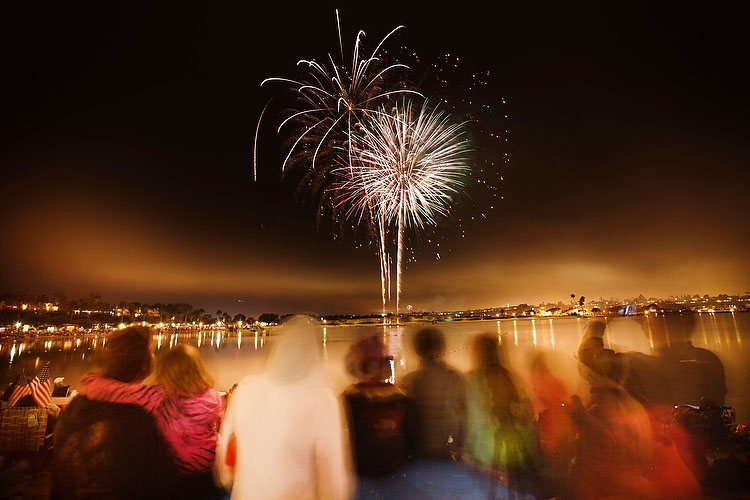The American experiment in freedom was born in revolution against unjust, unlimited, arbitrary government power.
To be clear, British colonists in North American in 1776 had a national government, complete with an executive branch, a judiciary, and one of the most democratic legislatures the world had ever witnessed up to that point.
Those same colonists had laws, lawyers, courts, judges, bureaucrats, regulations, rules, and experts.
Those same colonists cared about their children. And the poor. And the sick. In fact, they really cared, meaning they actually helped those around them who needed help (rather than merely demanding that government take property from some and distribute it to others). And those who received voluntary help from fellow citizens worked hard to pay back what they owed, or help others, or both.
Those colonists all wanted to be safe. They all wanted the best education possible for their kids. They all wanted to breathe clean air and drink clean water and eat nutritious food. They all preferred medicines that heal rather than poisons labelled as medicines.
They all wanted to choose freely for themselves whether and how to worship God and what to think of religion.
They all felt pain. They all feared death. They all were incredibly reluctant to pick a fight with their own government, which happened to be the most powerful, most lethal killing machine on Planet Earth at that time.
Remember, these colonists were English. The English government was their government.
When Paul Revere made his famous ride he almost certainly did not shout, “The British are coming, the British are coming!”
That story is great folklore, but very likely untrue. Why would one Brit yell to his British neighbors that the British are coming? Much more likely he sounded the alarm: “The Regulars are coming!” or “The Red Coats are coming!”—because every British colonist the world over knew to be scared when the British Army Regulars, the Red Coats, had arrived.
And, yet, these same colonists stood up to their own government and said: “NO. MORE.”
“You shall never again rule over us without our consent! You shall never again take a penny or piece of our private property! You shall never again tell us how to live our lives or what we are allowed and not allowed to do!”
With resolve and courage, the British-colonists-turned-American-Revolutionaries stood defiantly and instructed their own government:
“We are not children, and you are not our parents. We are not sheep, and you are not our shepherd. We are adult human beings. We are armed and dangerous. We are feisty and fiercely independent. We will make our own choices. And we will enjoy or suffer whatever consequences follow.”
That is the cultural spirit that fueled the greatest revolution in human history, the first ever conceived in liberty and dedicated to the proposition that all men are created equal, to borrow from Lincoln’s memorable summary of the American Revolution.
That is the widely-shared attitude that launched the most successful experiment in self-government ever.
That resolution is the surest foundation for freedom. Always.
That is what Independence Day is all about: Remembering the Declaration of Independence, approved on July 4, 1776, and all that went into it, all that it represented, all that was sacrificed for it.
And that is what is most missing in the United States today. The very spark that lit the fuse of the American Revolution is in danger of being extinguished in the name of public safety, bureaucratic control, and government regulation and confiscation of property.

